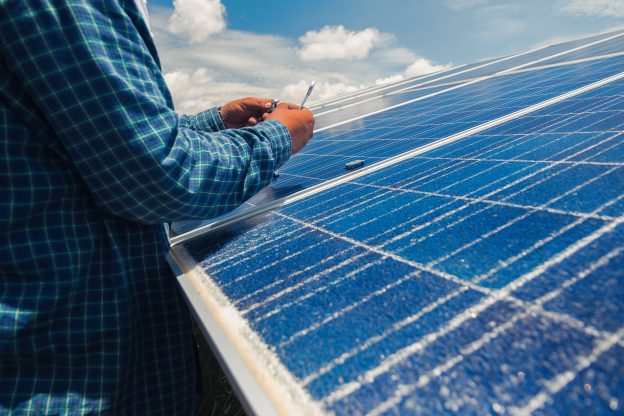
Previously, a heat wave hit Japan with high temperatures exceeding 40 degrees Celsius in many places for nine consecutive days. Last month could be said to be the hottest June in Japan since 1875. A few weeks ago, Tokyo also called on households and businesses to start a three-month power conservation period as high temperatures will imply the worrying situation of power shortages.
At present, Japan has to bring back power plants under maintenance as soon as possible and utility operators need to maintain power reserve at a minimum of 3%. Once it falls below 3%, there may be a blackout crisis. The Ministry of Economy, Trade and Industry expects that the power reserve capacity of Japan’s three major cities will fall to 3.1% in July.
Japan relies mainly on imported energy, especially fossil fuels, for its power supply, followed by renewable energy which accounts for 18% and nuclear energy which is only 4% after the Fukushima nuclear disaster in 2011. However, in the context of the Russian-Ukrainian war, the yen has depreciated again, and Japan's energy costs have soared. Compared with the same period last year, the average cost of LNG imports in May rose by 120%.
Moreover, Japan's overseas natural gas plans have also changed. Last week, Russian President Vladimir Putin signed a presidential decree, requiring Sakhalin Energy, the operating entity of Sakhalin 2, to be changed to a Russian company. Nippon Capital, Mitsubishi Group, and Mitsui & Co. together own a 22.5% stake in the Sakhalin 2 project.
At this stage, Russia's Sakhalin Island is the closest source of LNG to Japan and it can be delivered to Japan in less than two days, compared with about a month for natural gas imported from the United States. Sakhalin supplies about 9 percent of Japan's LNG and MOL President and CEO Takeshi Hashimoto said Japan could not reduce its reliance on Russia anytime soon, given the news on Sakhalin 2.
LNG and coal are quite expensive. Under pressure from power supply demand, Japan is unwilling to suspend natural gas transactions with Russia. Japanese Prime Minister Fumio Kishida said that he would no longer import Russian coal when he talked about his attitude towards Russia after the Russian-Ukrainian war but has not made any similar commitments on LNG.
The crisis facing Japan has also fueled an energy debate, with calls for the restart of temporarily closed nuclear power plants and the promotion of renewable energy. After the Fukushima nuclear disaster in 2011, the proportion of nuclear power in Japan gradually decreased. Before the earthquake, nuclear power accounted for about 25% of total power generation and now it is only less than 4%. Although Japan is vigorously deploying renewable energy, it cannot keep up with the increase in power supply and fuel prices. At present, two large-scale offshore wind power plants in Marubeni are scheduled to come online this year, and Kawasaki Heavy Industries will also start the offshore liquefied hydrogen trade in 2022 to purchase new energy from Australia.
(Image:pixabay)







